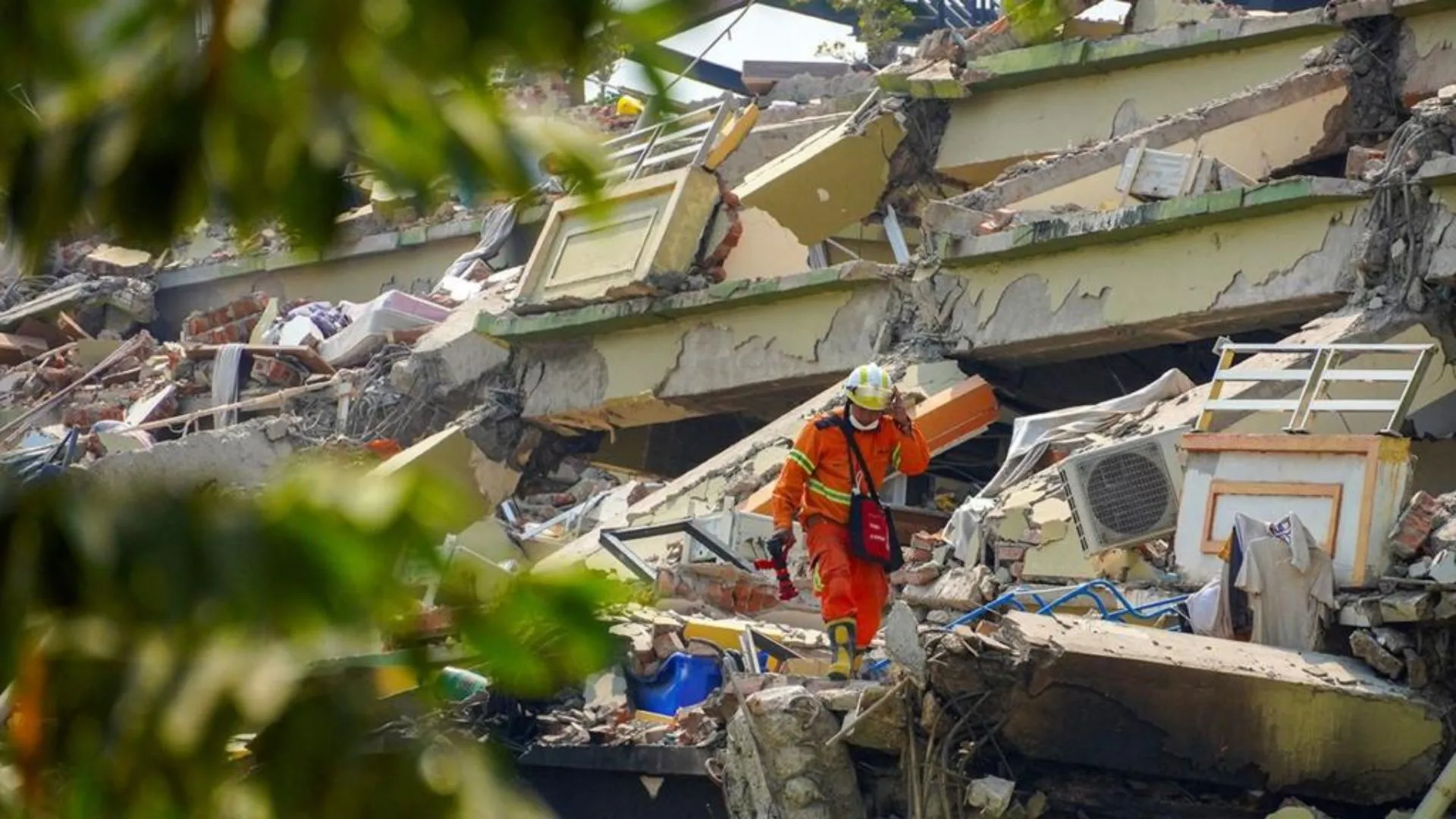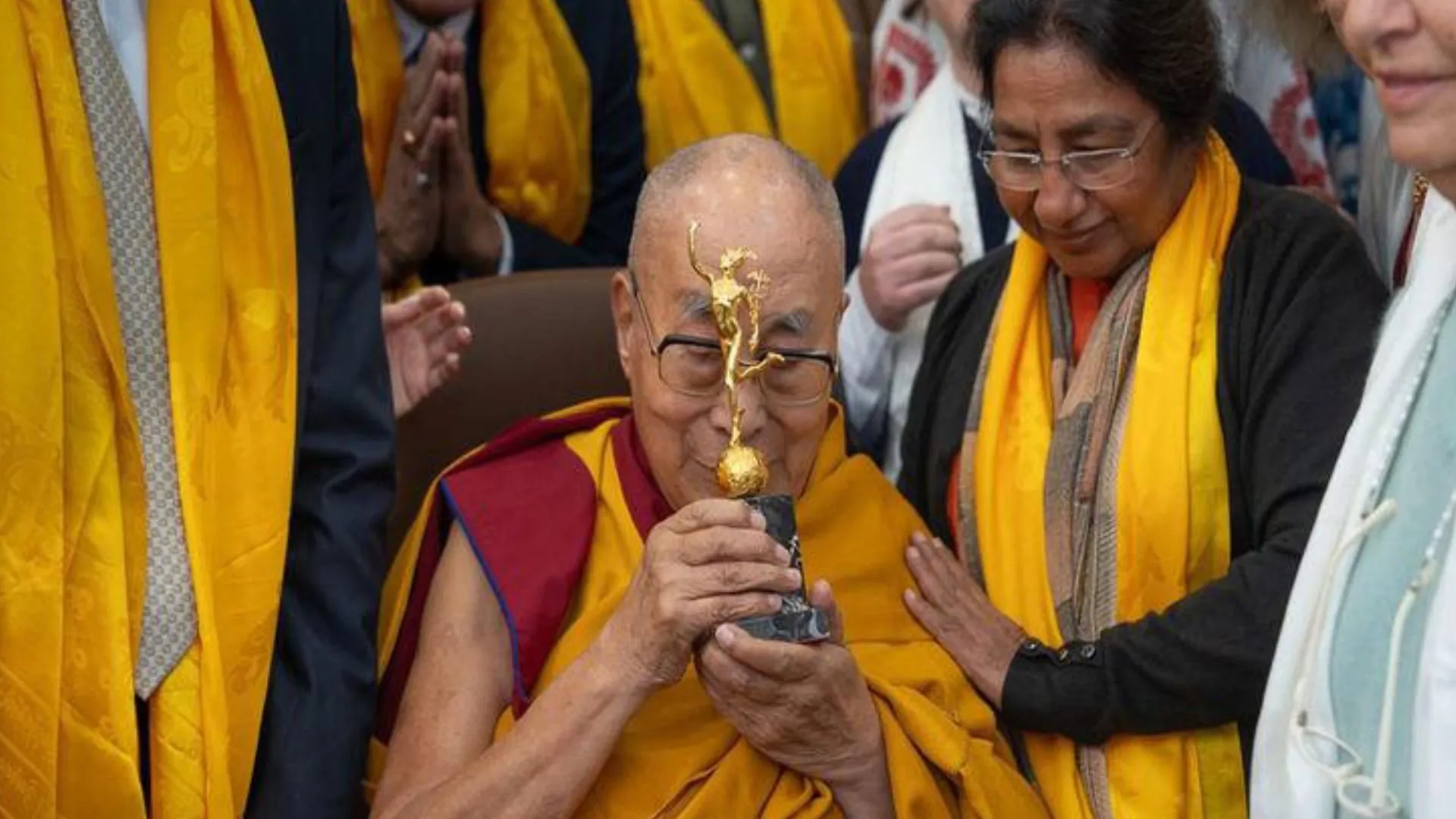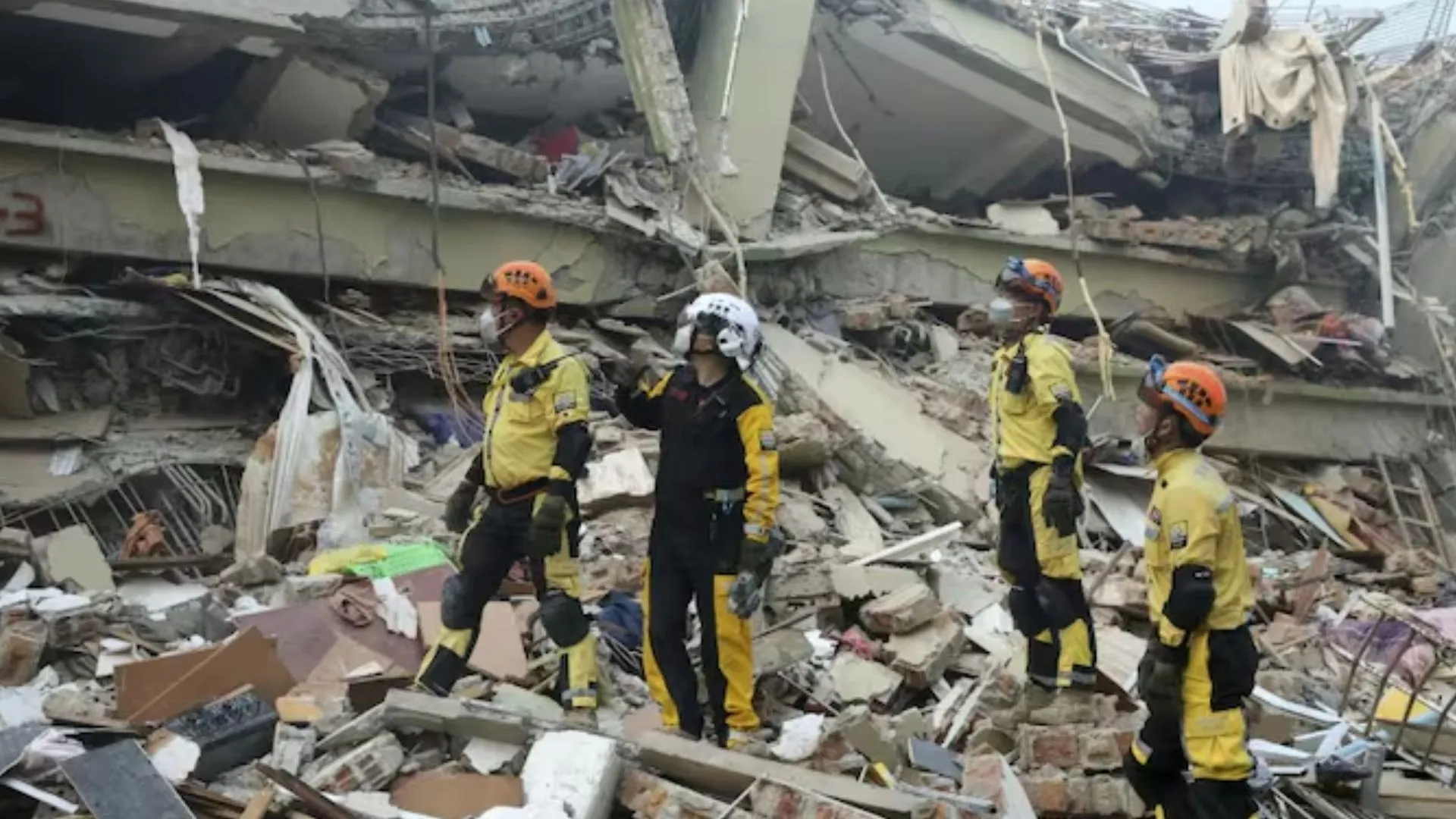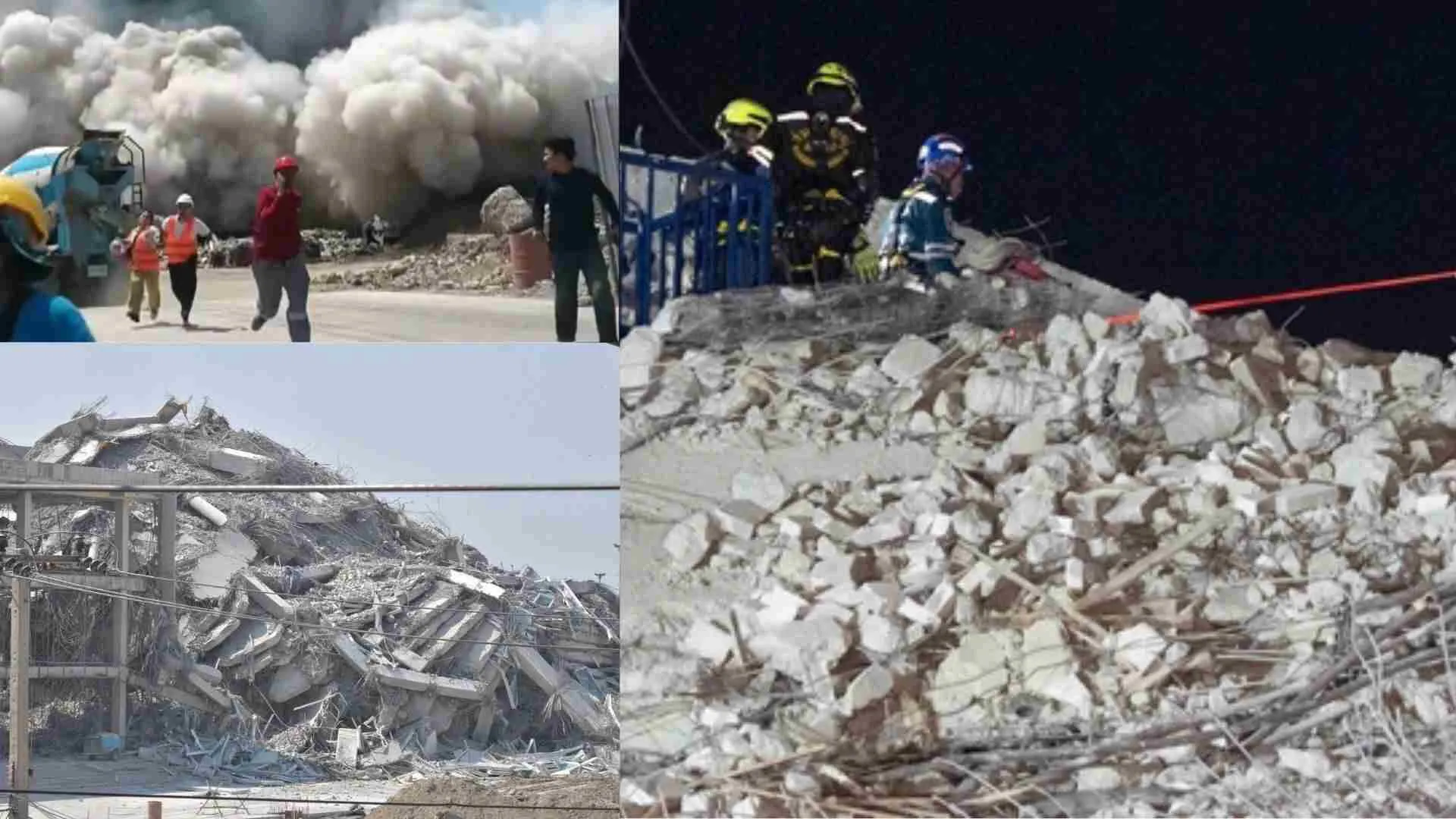Indonesian student groups and rights organizations have called on parliament to reject draft amendments to military laws, saying that the changes would bring back military control over civilian matters and cause legal ambiguity. Parliament is due to approve the bill on Thursday in a plenary session following the house committee responsible for military affairs’ approval. The amendments would allow more military personnel to serve in civilian posts.
Rights groups, such as the Legal Aid Institute, have condemned the amendments, saying they would send Indonesia back to the times of late strongman Suharto, when the military was in the driving seat of power and dissent was smothered.
“The revision is a legislative crime that endangers Indonesians and the future of democracy,” said Arif Maulana, deputy chairman of the institute.
In the view of Amnesty International Indonesia’s Usman Hamid, expanding the role of the military in civilian life has the potential to result in abuses of authority, human rights abuse, and impunity. Arif Maulana also feared that active soldiers included in the Attorney General’s Office would risk legal opacity, particularly in cases against soldiers. He added that military presence in civilian positions has the potential to lead to the application of violence.
Meanwhile, the government has defended the bill, stating that revisions were made to address concerns. Officials argue that most military personnel appointed to civilian positions would first be required to resign.
Budi Djiwandono, the deputy chairman of the parliamentary committee in charge of the bill and nephew of President Prabowo Subianto, guaranteed that civil supremacy would prevail. He also explained that active military officers would not be assigned to state-owned enterprises, rejecting concerns about their entry into business.
But opposition members, such as Indonesian Democratic Party of Struggle’s Nico Siahaan, have bashed the new agencies where active-duty personnel could be assigned. These are the state secretariat, the Attorney General’s Office, and the anti-terror and narcotics agencies.
As the vote draws near, rights organizations have organized protests outside parliament on Thursday, calling citizens to express their dissent. The opposition party has also demanded sustained monitoring of the implementation of the law to avoid further military control over civilian institutions.










